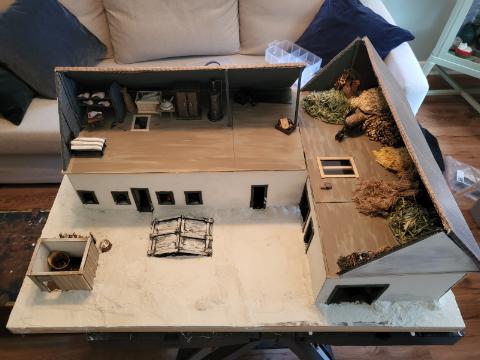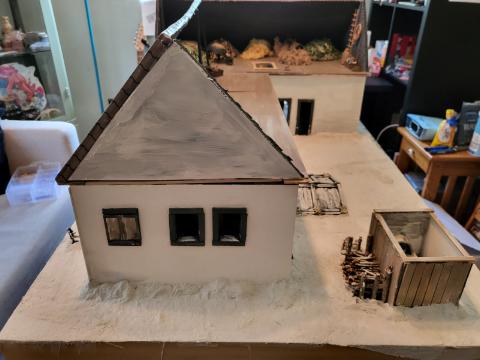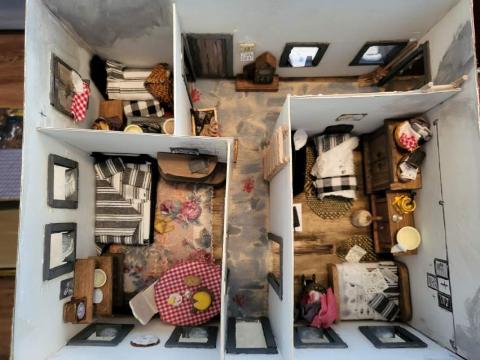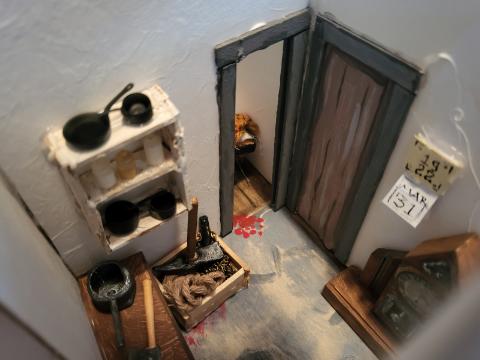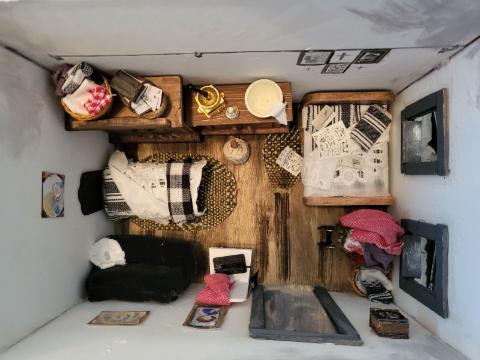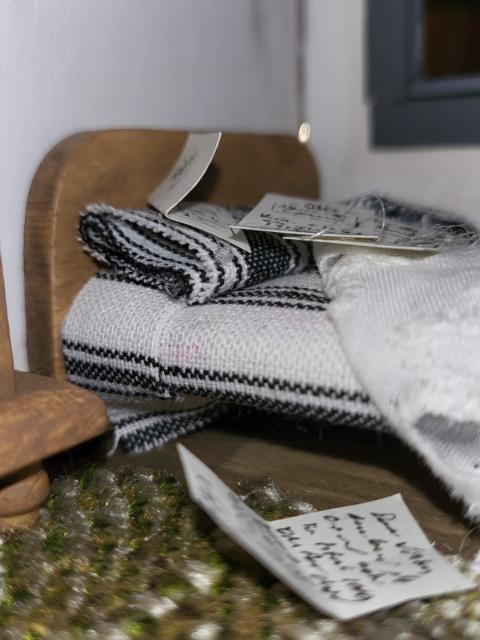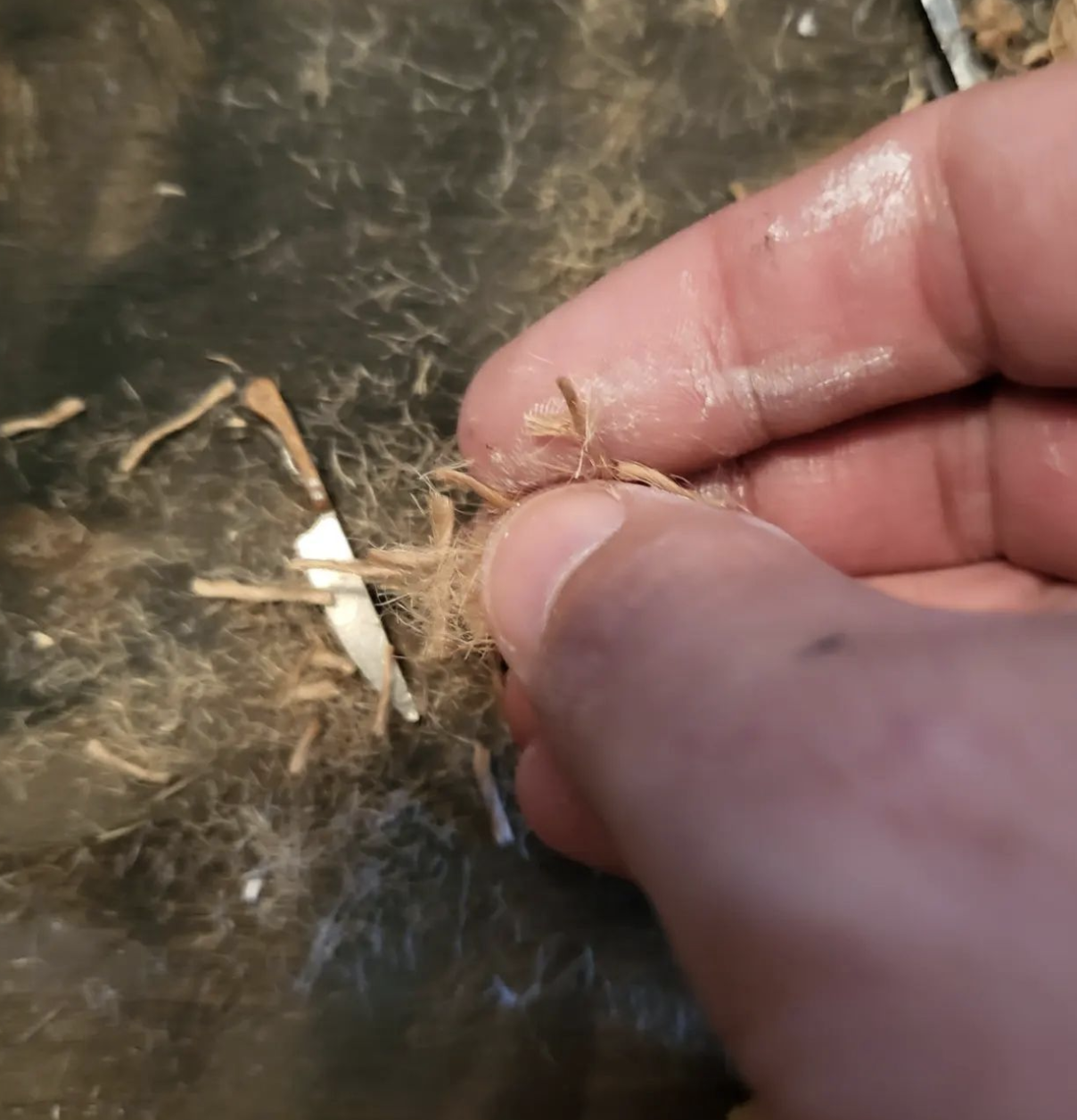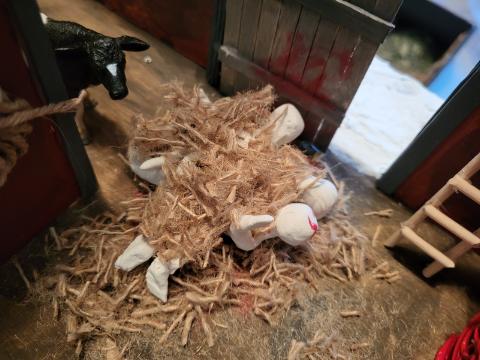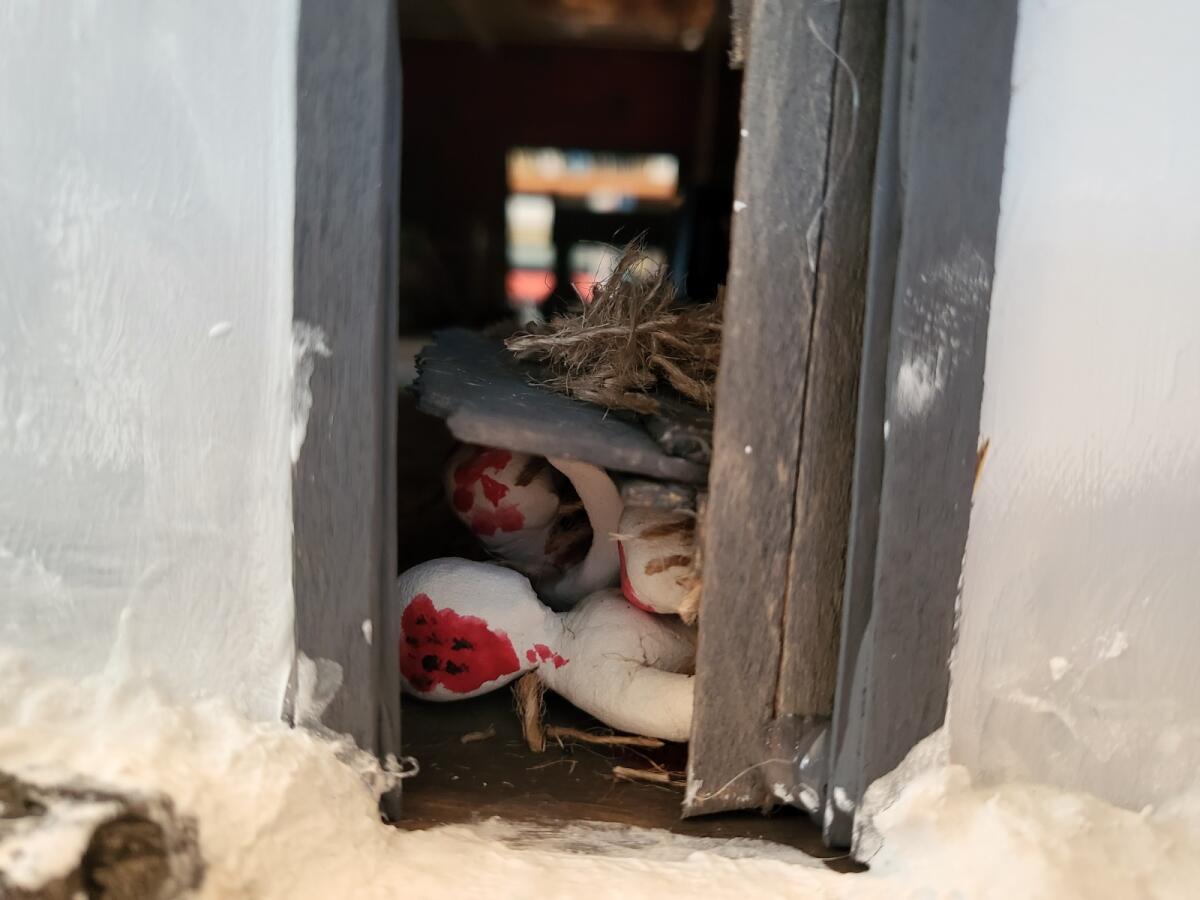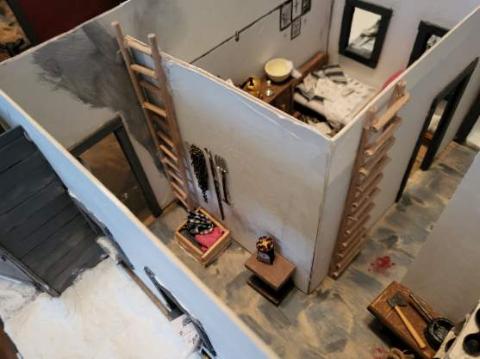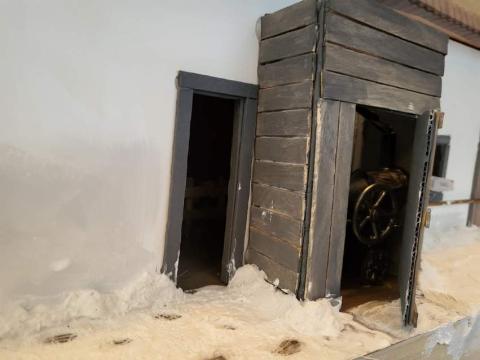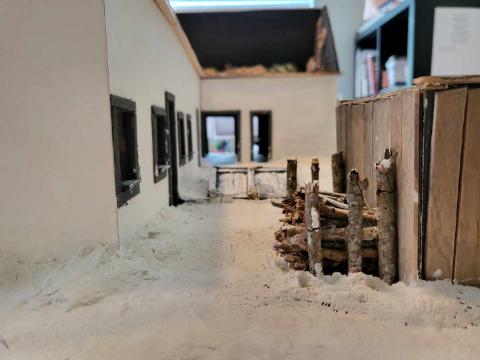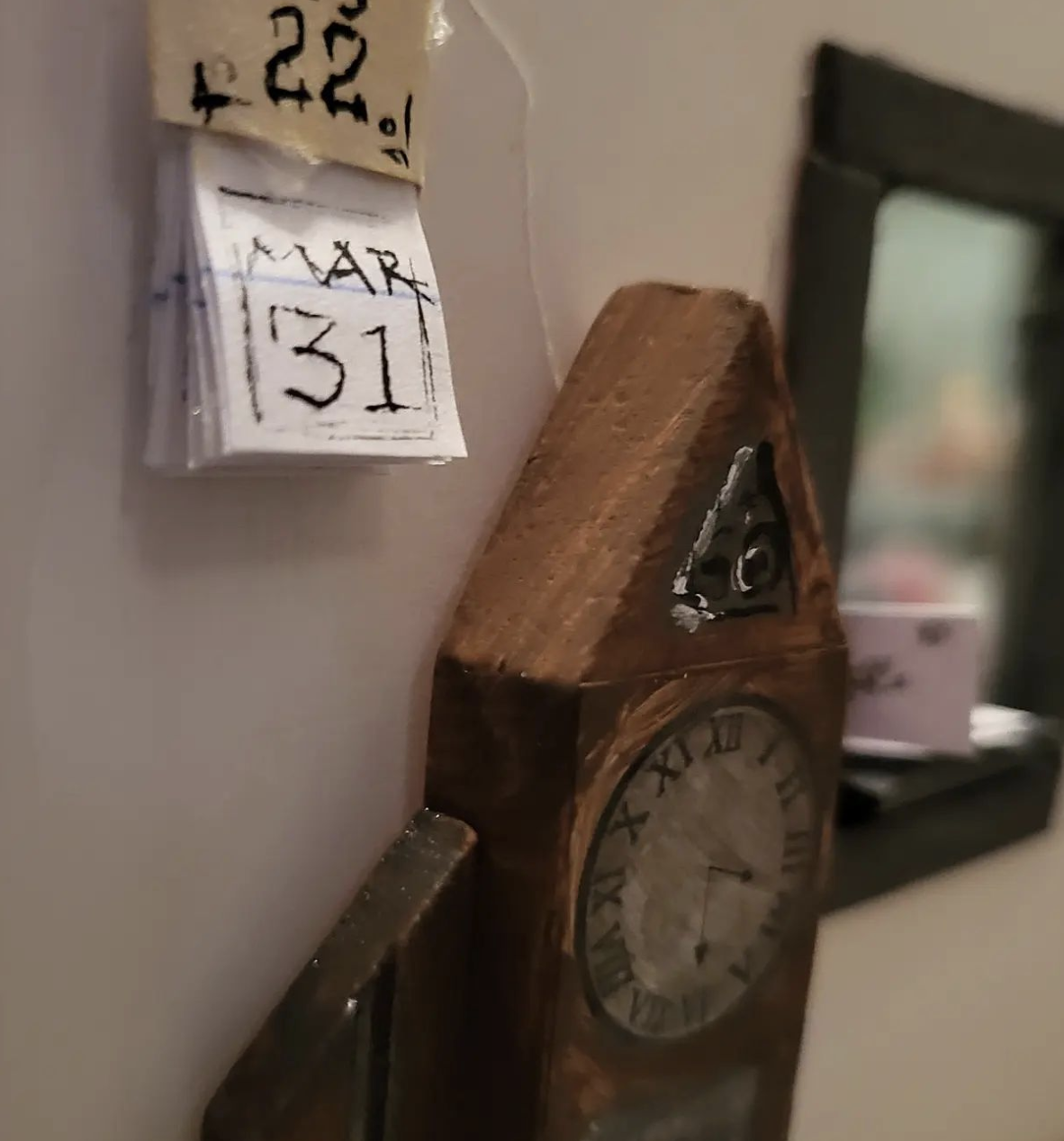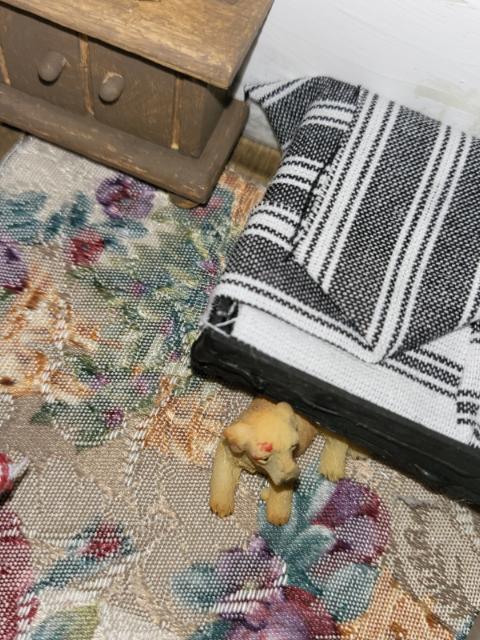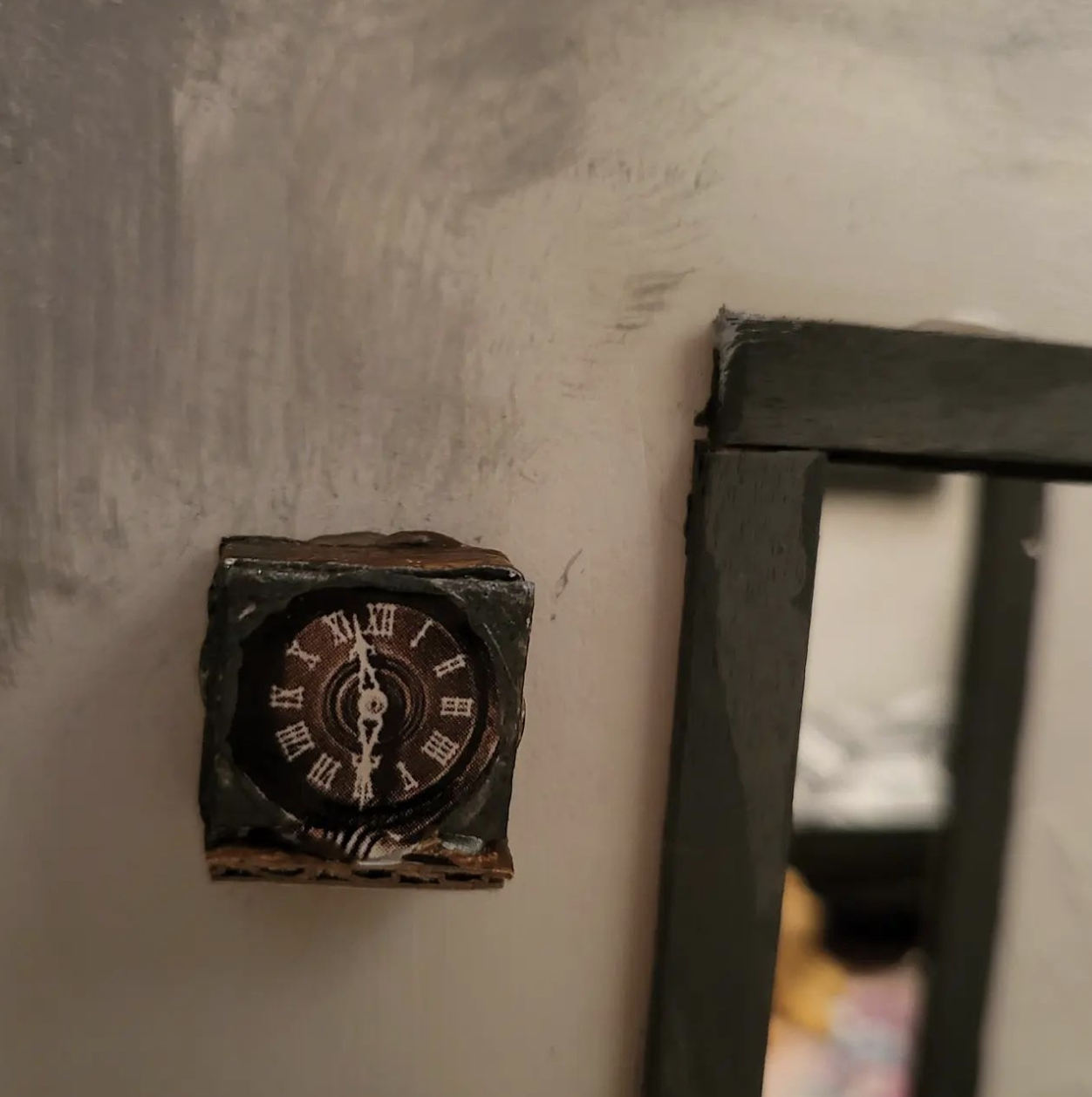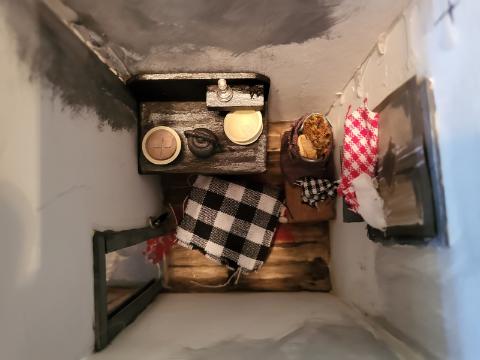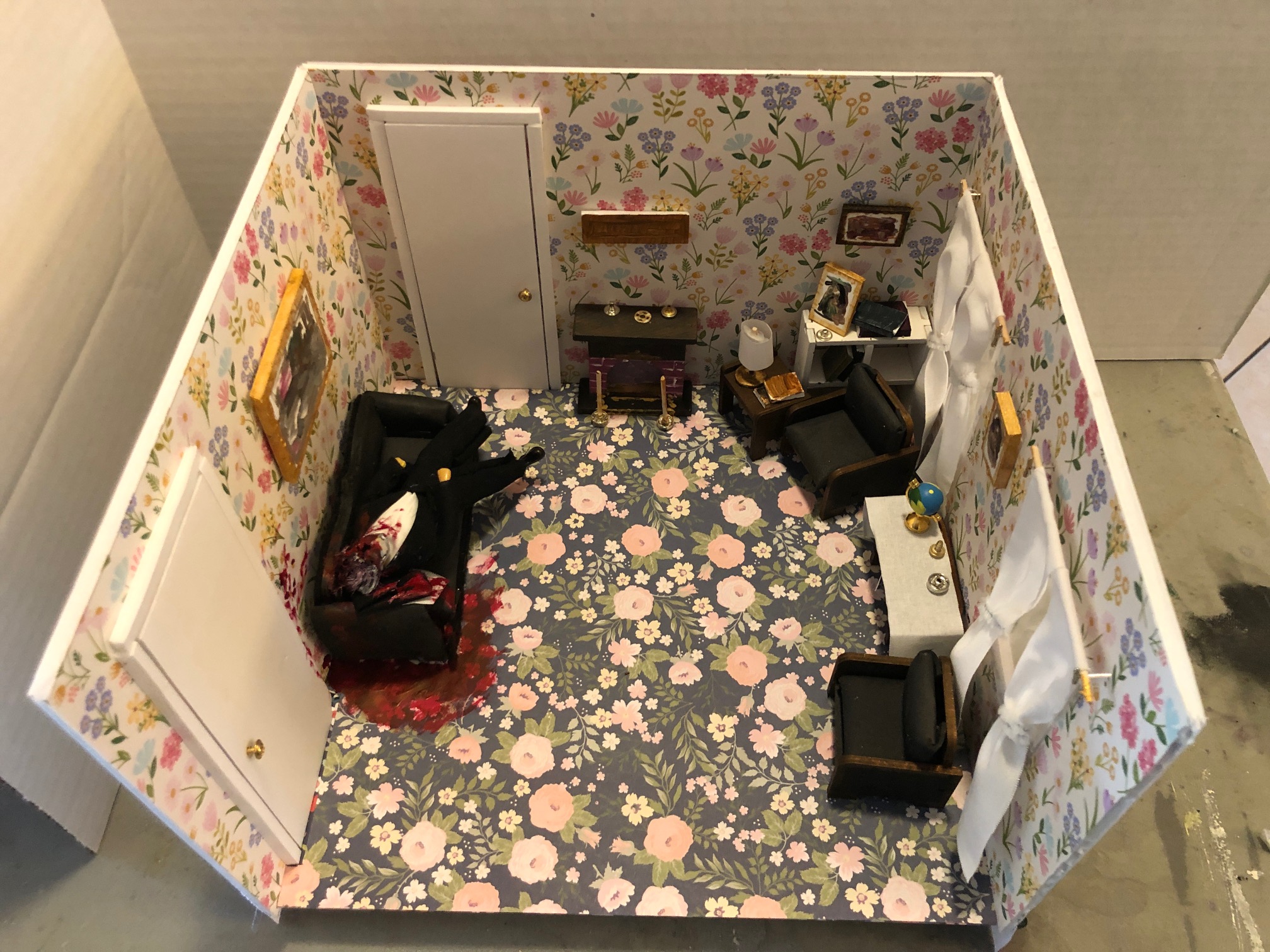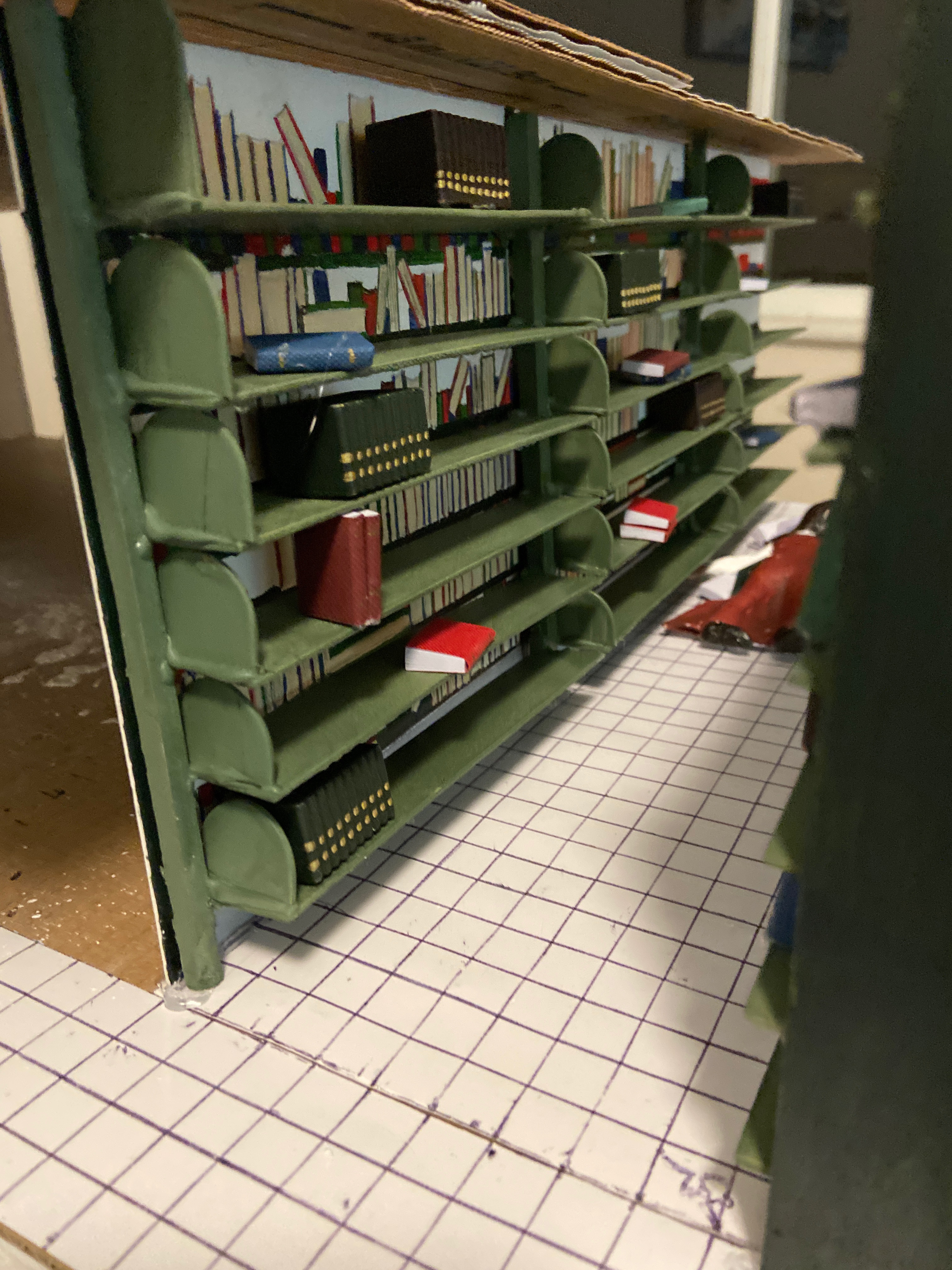Valencia College, School of Arts and Entertainment
2019-present
Drawing I
3D Design II
2D Design I
School of the Art Institute of Chicago
Spring 2019
First Year Seminar II: Heroes and Villains
Throughout history, we have looked to cultural heroes and villains to define and describe who we are, what we value, and what it means to be human.
This course examines the presentation of glorified and vilified figures throughout history, in order to understand the ways in which hero/villain narratives are used to shape opinion, reinforce political/social agenda, and construct meaning.
In this course, students will build on the skills learned in FYS I in order to conduct meaningful research and construct clear, thesis-driven writing. Students will learn to examine primary and secondary sources of biographical/historical information for argument, bias, and reliability. Students will learn and apply appropriate research methods and ethics to their own work, to read critically and deeply, to examine information for context as well as content, and to present their own research in objective language, with appropriate citations and attributions.
Calumet College of St Joseph
2013-2019
Drawing I
An experiential learning course in drawing for the general education student as well as art majors, students learn the fundamentals of drawing realistically from life, including drawing edges, spaces, relationships, values, and color. Students will draw the traditional subjects of still life, landscape, and the portrait working with both linear and mass drawing materials.
Drawing II
This course in drawing is designed for art majors as well as the interested and passionate novice. This course builds on and refines the experience of Drawing I, focusing on a variety of tonal and color media, and emphasizing the line. The course begins with formal concerns, and moves toward explorations in invention and abstraction. The course includes vocabulary development, critical analysis activities and references to historical models of drawing and the evolution of drawing, which will include figure drawing and life studies.
Introduction to Visual Arts
This course teaches students how to understand and appreciate the visual arts, including drawings, prints, paintings, sculptures, and photographs. Students learn to approach visual art from the perspective of the world in which it was created, the artist who created it, the viewer who responds to it, and the object itself. Students learn to identify the formal elements of visual art works, to articulate their art experiences, and to bring to bear cultural and biographical knowledge on their visual art experience.
Art History
This course surveys the history of visual arts from pre-history to the present day. Through a close examination of individual works of art, students learn the artists, the art movements, and the art theories that have guided the creation of art in Western culture from the ancient world to the present. Students develop their ability to look at individual works of visual art with an informed, analytical, and practiced eye and write about art with intelligence and sensitivity. Students will visit the Art Institute of Chicago during the term.
Painting
This course teaches students the knowledge and skills need to paint realistically in both oils and acrylics. Students acquire the basics of color theory, learning how to choose a limited palette, to see color as value, and to develop a harmonious color schemes. Students learn to build paintings on a foundation of solid drawing, attending to content, composition and color to express their ideas in visual form. Through increasingly difficult painting projects, students practice the demands of painting the still life, the landscape, and the human figure.
Painting: Seminar
In this monthly two-hour session, Digital and Studio Arts majors are expected to gather to critique new work, and once per term, to prepare new work for the purpose of evaluation. At these sessions, all of the ARTS faculty and majors will attend giving the benefit of the variety of faculty and peer perspectives on individual works of art and current trends in art and culture. Majors take this course each term they are enrolled in the program.
Topics in Painting
This practicum capstone course extends from the disciplined studio arts practice. Assigned a campus studio and guided by assigned advisors, students reflect on their general education and their courses in the major, create a professional-level portfolio, and produce and display summative art project.
English Composition
In this course students learn the concepts and skills needed to write an effective, college-level expository essay. Through both traditional and workshop methods, students gain greater control over the writing process, essay organization, paragraph construction, and sentence grammar. The course introduces students to the active reading and summary writing skills needed in English 104. Before successfully completing the course, students must demonstrate basic competency in a portfolio of semester writing.
Academic Reading and Writing
This course teaches students the concepts and skills needed to read and write with sources. Students learn how to find, read, summarize, and respond to a variety of college level texts. It teaches students print and electronic search techniques, analytic and synthetic reading skills, and the conventions of academic argument, culminating in ten pages of source-based writing.
The Literary Experience
Using classic and contemporary short stories and poems, this course introduces students to the elements of fiction and poetry and to the interpretive skills necessary to deepen their experience of great literature. Students study both Western literary classics and minority challenges to that tradition, examining the role of stories and poems in a meaningful life.
Honors English Composition
In this course students learn the concepts and skills needed to write an effective, college-level expository essay. Through both traditional and workshop methods, students gain greater control over the writing process, essay organization, paragraph construction, and sentence grammar.
The Honors Learning Community:
A World Beyond the Classroom
Honors Seminar (co-instructor)
ISS Study Abroad: Italy 2015 (co-instructor)
ISS Study Abroad: Spain 2016 (co-instructor)
ISS Study Abroad: England and Scotland 2017 (co-instructor)
ISS Study Abroad: Italy 2018 (co-instructor)
ISS Study Abroad: Greece and Malta 2019 (co-instructor)
In their junior year HLC students will receive an expenses paid international trip designed to engage them in the world beyond the classroom. Past destinations included London, Paris, Rome, Madrid, New York City and Washington D.C. These trips prepare HLC students to take their place in the world by teaching them cultural awareness, respect for individual differences, and giving them first-hand knowledge of the best our culture has to offer.
Foundations of Western Culture
This course introduces students to the major artistic and intellectual movements in our culture. The course introduces the arc of history though the humanities, tracing the foundation of Western civilization from the earliest Judeo-Christian tradition, through the Greco-Roman period, Medieval Europe, the Renaissance, the Enlightenment, and the Romantic era, to the age of globalization. The course provides an introductory framework for the Calumet College core curriculum.
Honors Foundations of Western Culture
This course is a historical introduction to the humanities — the subjects that explore what it means to be human: philosophy, literature, painting, architecture, history, religion, music and the performing arts. We will study the great cultural achievements of Western Civilization, how they have developed from the ancient Greeks to the modern world, how they fit into their original cultural context, and how they fit into ours. We will look at great paintings, read classic stories and poems, debate philosophical issues, reflect on sacred texts, and listen to groundbreaking works of music — all in the hope of gaining greater insight into what it means to be alive in the here and now, and particularly what it means to be alive AND free to pursue humanity in its fullest expression.
IST 499 Integrative Project
Under the supervision of the Program Director and another faculty member from an appropriate discipline, the student engages in an integrative project requiring (1) either a written research or reflective paper, or a multimedia program with a descriptive essay, and (2) an oral presentation about the purpose, key points and learning outcomes of project. This course is normally taken in the student’s final semester of study.
PACE College Preparation and Survival
PACE is designed for the incoming student who needs extra support on preparing for college-level reading, writing, and time-management strategies. PACE is designed to foster a sense of confidence through building competence and comfort in the college environment.
Life Experience Assessment Program (LEAP)
Students can earn credit for college-level knowledge and skills they have acquired through a variety of life experiences. A maximum of 30 semester hours of credit can be awarded through the Life Experience Assessment Program. Students must submit a life experience (LEAP) portfolio documenting their life experiences as they relate to college level courses. In order to qualify for this credit option, a student must have earned 12 credit hours, including a college-level English course.
Summer Reading Bridge (co-instructor)
This writing course prepares the student for college-level English by teaching the composition of grammatically correct sentences, well-organized paragraphs and longer papers, while focusing on the syntactical, grammatical and mechanical issues (e.g., prepositions, verbal phrases) common for ESL students. At the end of the course, the instructor will recommend the student registers for ENGL 095, 096, or 103. Not applicable toward a degree.

